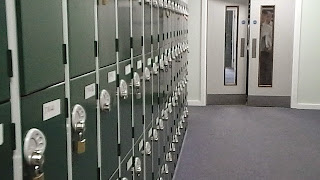Crime Drama
Opening Credits
|
Name of Show
|
Conventions
|
Music
|
Other Information –
Relationships? Style?
UK or USA?
|
|
The Professionals
(1977 – 1983)
|
Car smashing through
window
People running around
Main actors are
introduced
Police office technology
Abandoned location
Body builder
Use of technology
|
Old
Funky
Fast
the 70’s
up beet
catchy tune
|
Henchman (they do the
dirty work)
England
Criminal court
Lead characters are
males
Stylish haircut
Gritty realism
|
|
Cagney And Lacey
(1981-1988)
|
Use of technology
Mostly females
Office working
Old people
Crime scene
Weapons
Running
Badges
Undercover cops
Uniform
Arrest
Hand cuffs
Main characters
introduced
Grumpy Sargent
Old police men
Young hunk
Token black guy
|
Old
Catchy tune
Jazzy
Up beat
Laughter
Funky
|
Subway
New York
Twin towers
Filmed before 2001
Friendly cops
Be trail
Friends
Old hair style
Brunette
Old men
The brunette is
married
The blond is not
married and into shopping
Know how to handle
them self
Blond is dressed up
casual
Grumpy boss still got
work to do
|
|
The Bill
(1984-2010)
|
Police cars
Police chase
Police men
Mostly male
Old men
Police office
Uniform
Mixed gender
Police uniform
In the street
Police station
Cells
Lock up
Hats
Good use of technology
Communication
Man of action
|
Catchy
Repetitive notes
80’s
Sounds like police
station
|
Old
Grumpy
England
Mostly men
21st
century
Mixed gender
Communication
Repetitive
Team effort
Fighting crime
Short hair for the men
Long hair for the
women
Group effort
No relationships
Very popular show
Solving crimes
Not for an individual
person
|
|
NYC 22
(2012 - Present)
|
Good use of
technology]
21st
century
Cops
Uniform
Busses
Graffiti
Mixed gender
Shops
Weaponry
Church
Good lighting effects
Part of New York
Part of the city
No police cars
No sirens
Only see the city
Casual
Good characters
About New York city
Police station cops
|
21st
century
Raps
Gangs
From the hood
Street
Links to the city
|
New York
Up to date
Music reflects the
city
Grew up from the
streets
Team effort
Not about individual
Mixed gender
Religions
Multi-cultural
No relation ships
21st
century
|
|
|
|
|
|



















